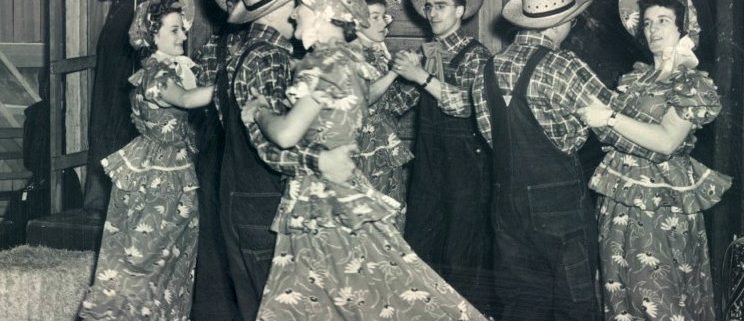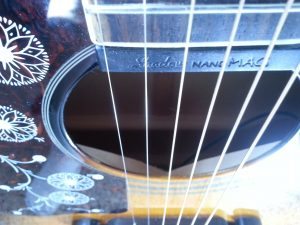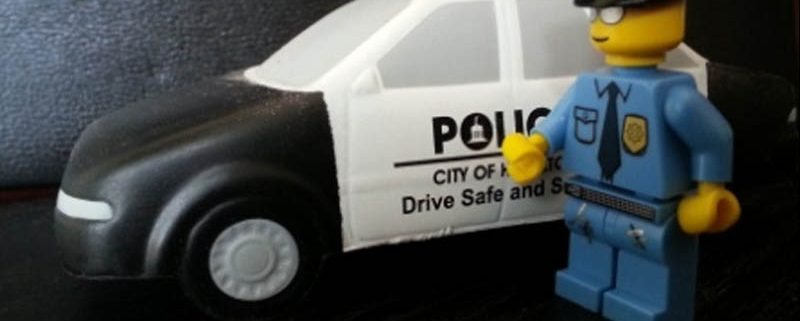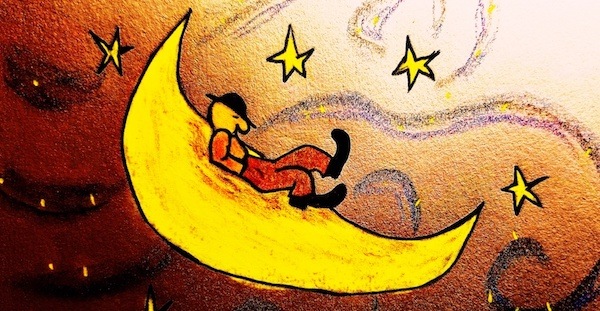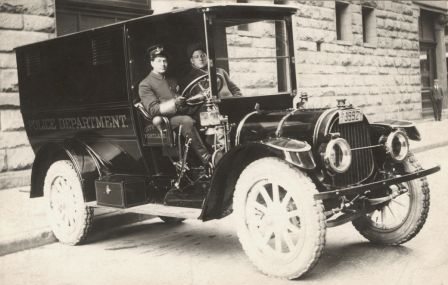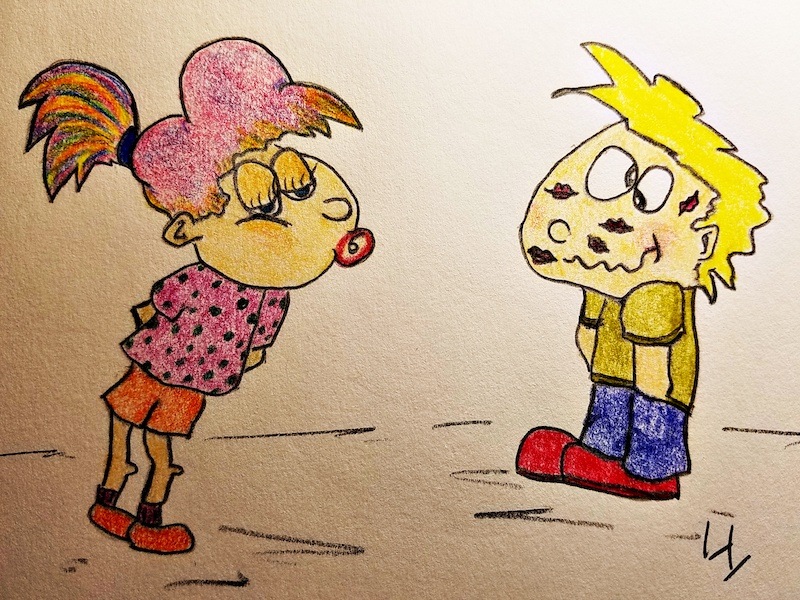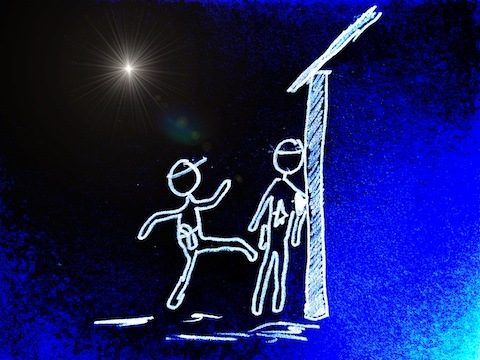Never start a story with the weather.
I’ve heard this many times over the years.
Even Elmore Leonard kicked off his “Don’t-do-it” list with a rule about the weather.
- Never open a book with the weather.
- Avoid prologues.
- Never use a verb other than “said” to carry dialogue.
- Never use an adverb to modify the verb “said.”
- Keep your exclamation points under control!
- Never use the words “suddenly” or “all hell broke loose.”
- Use regional dialect, patois, sparingly.
- Avoid detailed descriptions of characters.
- Same for places and things.
- Leave out the parts readers tend to skip.

Elmore Leonard said it’s taboo!
Now, with that said and with an absolute clear understanding of the rules—NO Weather!—let’s get on with the show … today’s true story. And it starts like this … with the weather.
It was a dark and stormy night in our county. Rain lashed against my windshield in sheets, driven horizontally by gusts of wind that played a violent to-and-fro game of tug of war with the red oaks and pines flanking the county road. It was a sideways kind of rain that TV weather reporters often battle during live hurricane coverage of the really big ones. Their on-camera backdrops are airborne lawn chairs and garbage cans, toppling trees, and waves crashing onto houses far from the shoreline.
Yes, it was that kind of storm.
I was hard at work that night, patrolling county roads and checking on businesses and homes, when my headlights reflected from something shiny a ways into in the woods. I stopped, backed up, and turned onto a narrow sloppy-wet dirt path that led me to a clearcut section along a power line, and eventually to the source of the reflection. It was a car parked approximately thirty yards off a dirt road next to a river. I used my spotlight to examine the vehicle and the surrounding area.
The driver’s door was open and to my surprise, the body of a woman was lying half-in and half-out, with the outside portion getting soaked by the deluge of water falling from the dark sky. I couldn’t tell if she was alive, but instinct and experience said, “Not.”
I turned the spotlight to scan the woods on both sides of the clearing. No sign of anything or anyone, but you never know what danger lies beyond the light’s reach. Again, it was dark and stormy making it one of those scenarios where every single hair on the back of your neck and arms immediately leaps to attention. Spooky, to say the least.
So, despite the downpour, thunder, lightning, and those hyper-vigilant hairs (the cop’s sixth sense was in full overdrive), I had to get out to investigate. So I did.
I again scanned the area carefully, using my Maglite, the old metal kind, making certain this wasn’t an ambush. And, after yet another look around, I cautiously plowed forward while the winds drilled raindrops into my face and against my lemon-yellow vinyl raincoat, the one I kept in the trunk of my patrol car just for times like this one. The fury of those oversized drops of water was like that of small stones striking at a pace equal to the rat-a-tat-tatty rounds fired from a Chicago typewriter.
The plastic rain protector I’d placed over my felt campaign hat worked well at keeping the hat dry, but the rain hitting it was the sensation of hundreds of tiny mallets hammering all at once, as if an all-xylophone symphony decided to perform a complex syncopated piece on the top of my head. At a time when I truly needed the ability to hear a single pin drop, well, it simply wasn’t happening. So xylophoned from above machine-gunned from all sides. It was unpleasant weather during an unpleasant situation.
It was a fight to walk headfirst into swirling, stinging winds that tugged and pulled and pushed against my raincoat, sending its tails fluttering and flapping, exposing my brown over tan deputy sheriff uniform. It—the uniform—was not waterproof. Not even close.
The ground surrounding the car was extremely muddy, and with each step, my once shiny brown shoes collected gobs of thick, soggy soil until it felt as if gooey, slimy bricks were attached to the bottoms of my feet with large suction cups.
These, during a dark and sorry night, were the deplorable conditions in which I met the crying dead woman.
Likely, Mr. Elmore Leonard had not had the opportunity to encounter such a situation. Otherwise, rule number one, “the weather rule,” might have met its demise before it ever met the page.
It was one-on-one—me and the victim.
I know it sounds like a bit of overwriting when describing the weather on this night; however, you must experience it as I did. You should know and see in your minds that raindrops the size of gumdrops pelted the victim’s face, gathering and pooling at the corners of her eyes, eventually spilling out across her cheeks like tiny rivers that followed the contours of her flesh until they poured from her in miniature waterfalls.
She was a dead woman crying in the rain.
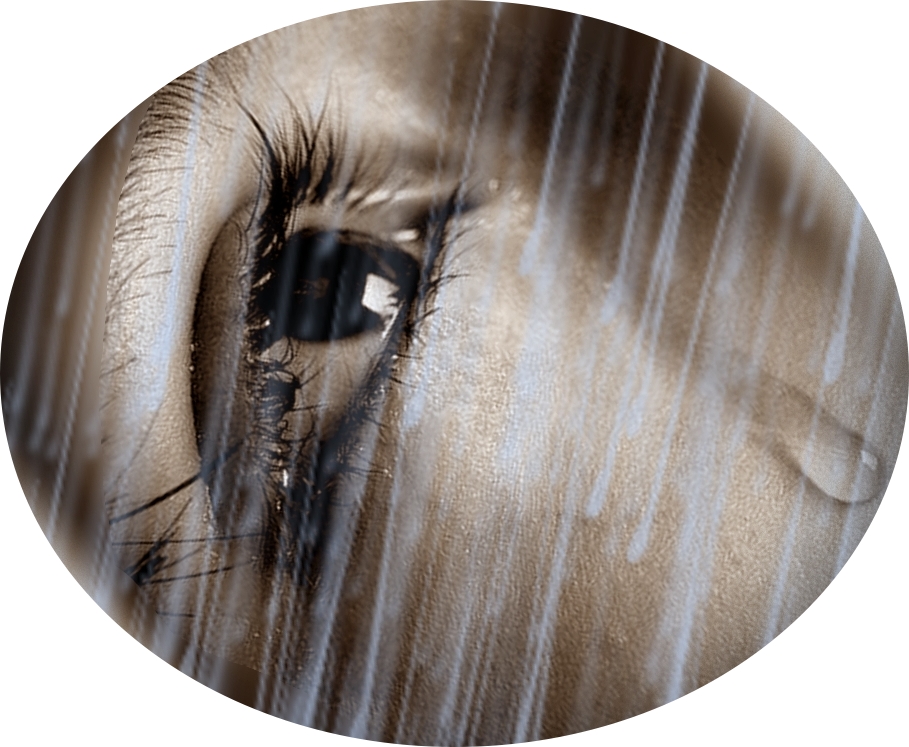
Passenger door,
Open.
Bottom half in,
Top half out.
Lifeless hand,
Resting in mud,
Palm up.
Face aimed at the sky.
Rain falling,
Mouth open.
Dollar-store shoes,
Half-socks.
Youngest daughter—the seven-year-old,
Called them baby socks.
Her mother’s favorite,
Hers too.
Hair,
Mingled with muck,
And water,
Sticks and leaves.
Power lines,
Overhead.
Crackling,
Buzzing.
Flashlight,
Bright.
Showcasing
Dull, gray eyes.
Alone,
And dead.
A life,
Gone.
Three rounds.
One to the head,
Two to the torso.
Kill shots, all.
Five empty casings,
In the mud.
Pistol.
Not a revolver.
Wine bottle.
Beer cans.
Empty.
Scotch.
“No, we don’t drink. Neither did she. Except on special occasions. Yep, it must have been something or somebody really special for her to drink that stuff.”
“Was there a somebody special?”
Eyes cast downward.
Blushes all around.
“Well … she did stay after Wednesday night preaching a few times. But they were meetings strictly about church business. After all, he is the Reverend. A good man.”
More blushing.
A stammer, or two.
A good man.
The rain comes harder,
Pouring across her cheeks.
Meandering
Through her dark curls.
Droplets hammer hard
Against her open eyes.
Pouring into tiny rivers,
Filling the puddles below.
She doesn’t blink.
Can’t.
She’s a dead woman crying,
In the rain.
Tire tracks.
A second car.
Footprints.
Two sets.
One walking.
Casually?
A sly, stealthy approach?
The other, long strides.
Running, possibly.
Zigzagging toward the woods.
Bullet lodged in spruce pine.
One round left to find.
Cold water inside my collar, down my back.
Shivering.
Cloth snagged on jagged tree branch.
Plaid shirt.
Blood?
Still visible?
in the rain?
The missing fifth round?
Maglite never fails, even in torrential rain.
Cop’s best friend.
A shoe in the underbrush.
Attached to man.
Dead.
Bullet in the back.
The fifth round.
Coming together, nicely.
Church meetings.
Reverend.
Two lovers.
A special wine for a special occasion …
A good man.
Sure he is.
Police car,
Parks at the curb.
Morning sunshine.
Tiny face,
Peering from window.
Waiting for Mama?
The scent of frying bacon in the air.
The door swings open.
Worried husband.
“No, she didn’t come home after church. Called friends and family. Nobody knows.”
Husband, devastated.
Children crying.
“Yes, I have news.
And I’m so sorry for your loss.”
Tire tracks match.
Pistol found.
Preacher,
He hangs his head in shame.
Special occasion.
To profess love.
But …
Another man.
A second lover.
Anger.
Jealousy.
Revenge.
Handcuffs.
Click, click.
Murder’s the charge.
No bond.
Single, unique plant seed,
Stuck to the brake pedal.
The single bit of evidence,
That tied him to the scene.
Got him.
Prison.
Life.
No parole.
A “good man”, a preacher, left the little girl’s mama to cry in the rain.
A couple of days ago, raindrops squiggled and wormed their way down the panes of my office windows.
And, as it often happens on rainy days,
I think of the crying dead woman.
Of her kids,
Her loving husband and,
Of course,
Baby socks.

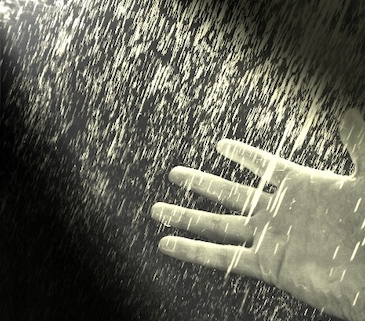
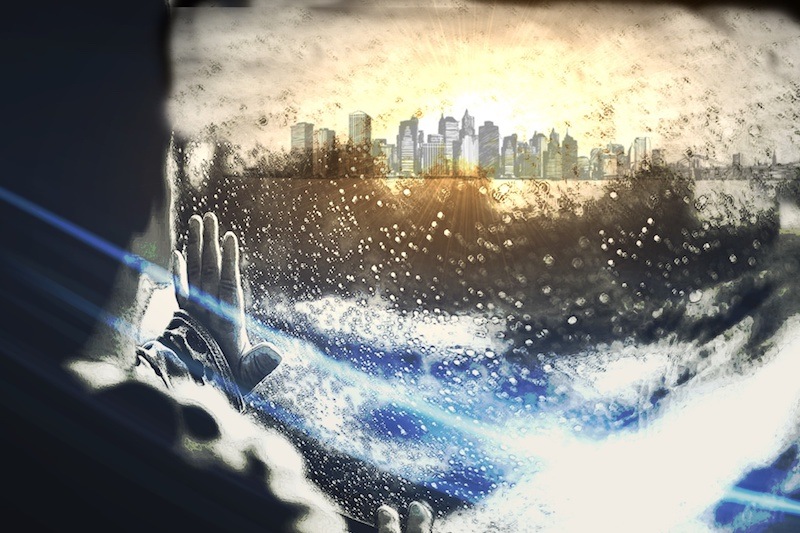
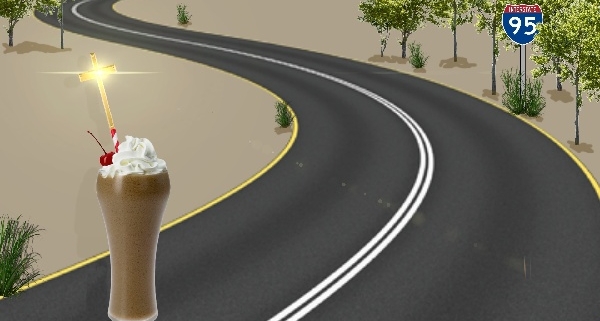
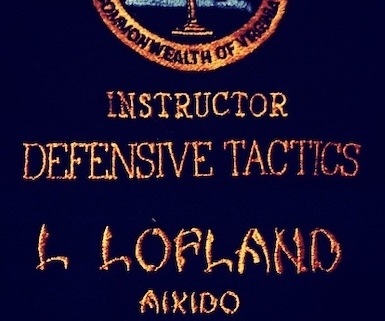
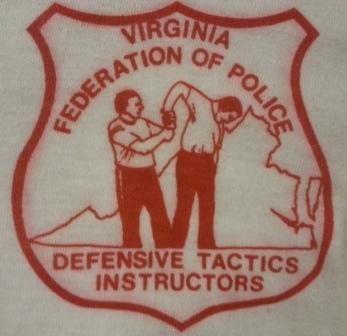 Since I was a DOJ master defensive tactics instructor/instructor-trainer who’d trained each of the on-scene officers during their time at the police academy, and the fact that I and Denene owned our own gym and martial arts school, and because I was the ranking officer on the scene, well, they’d assumed that I’d handle this situation. So they parted to allow me access to the driver.
Since I was a DOJ master defensive tactics instructor/instructor-trainer who’d trained each of the on-scene officers during their time at the police academy, and the fact that I and Denene owned our own gym and martial arts school, and because I was the ranking officer on the scene, well, they’d assumed that I’d handle this situation. So they parted to allow me access to the driver.





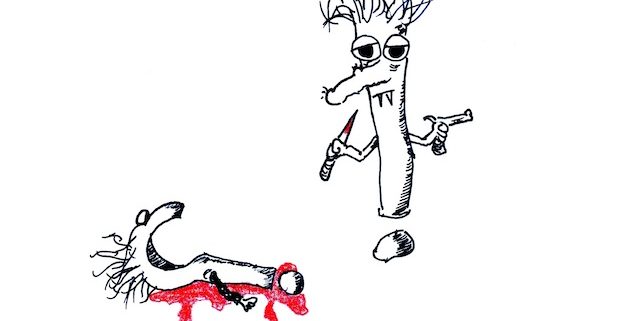

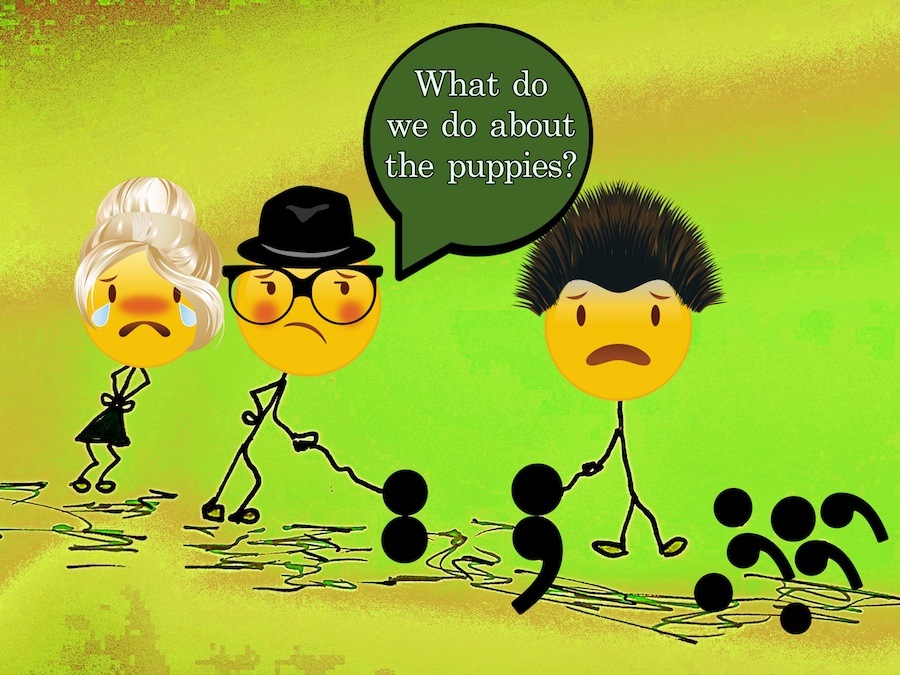
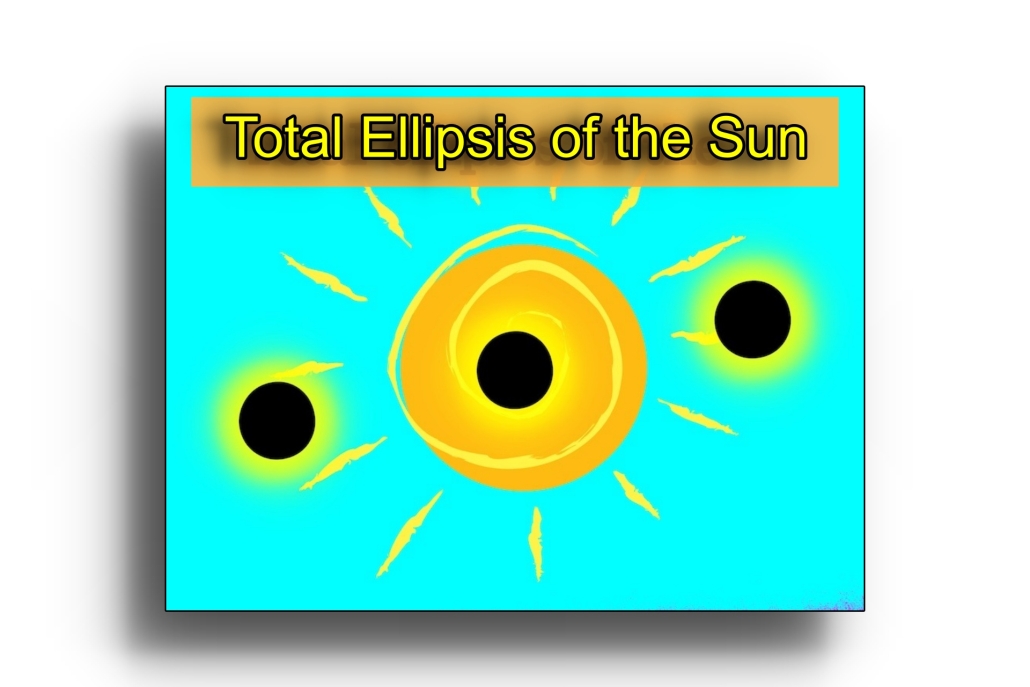

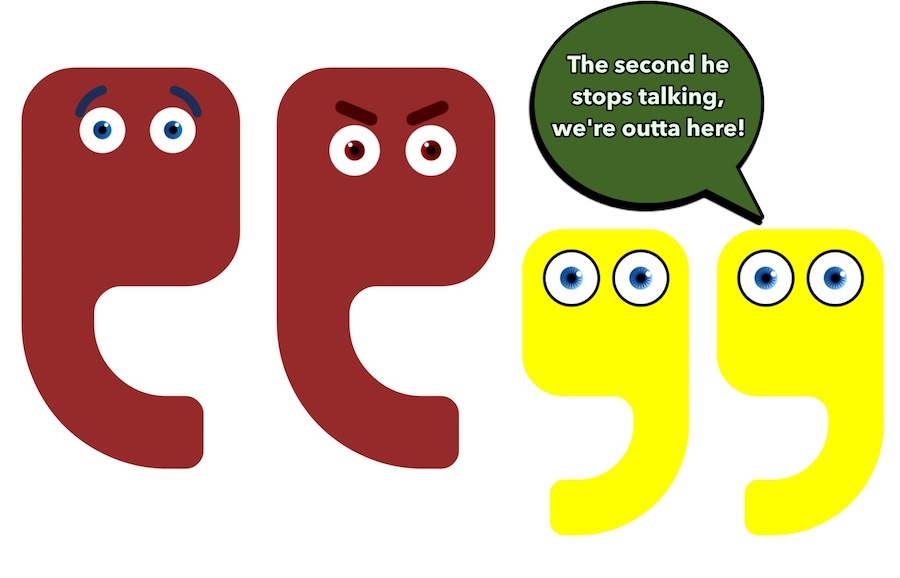
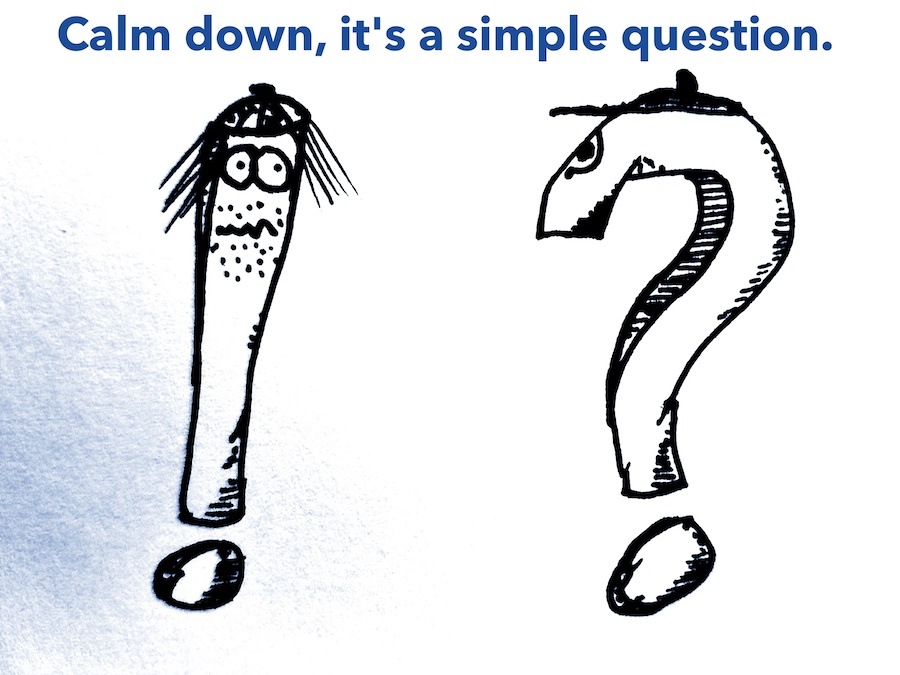

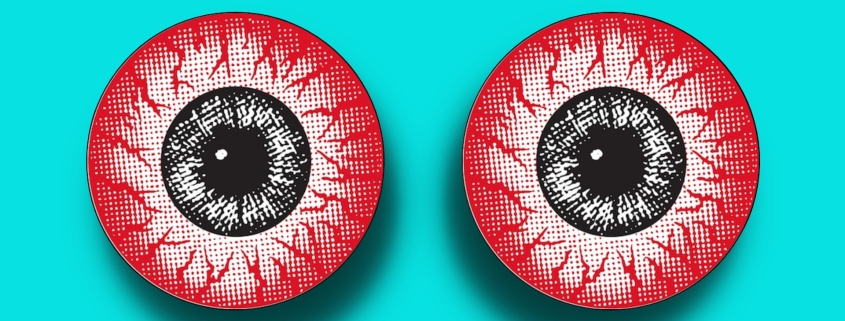

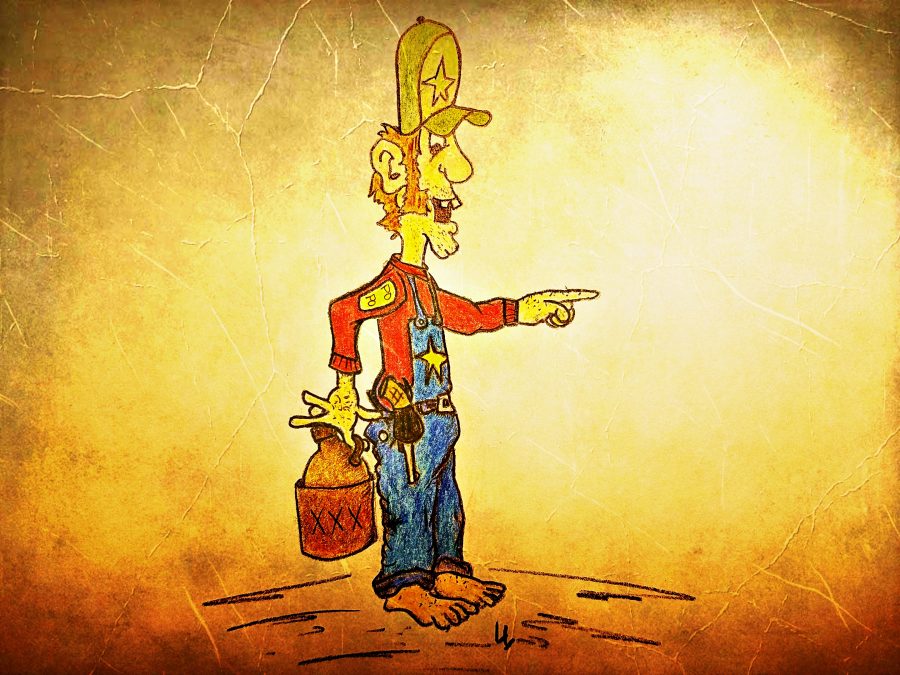
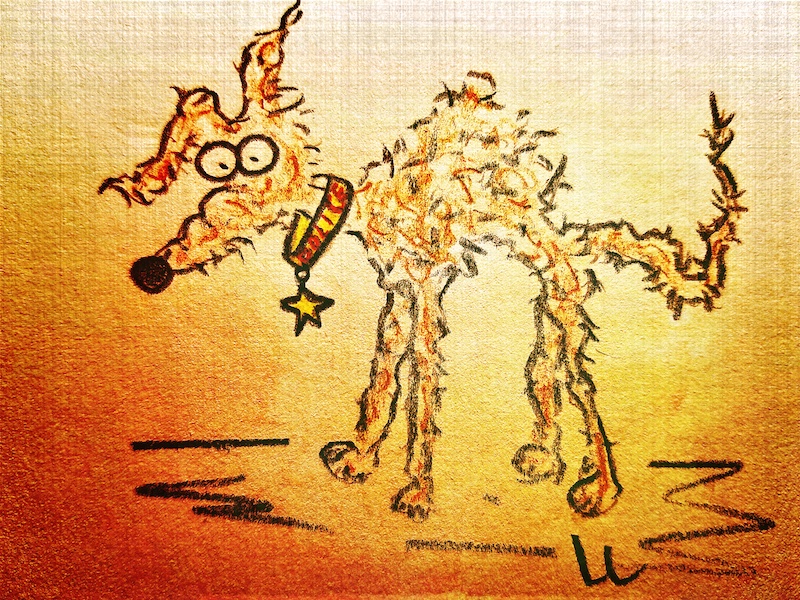
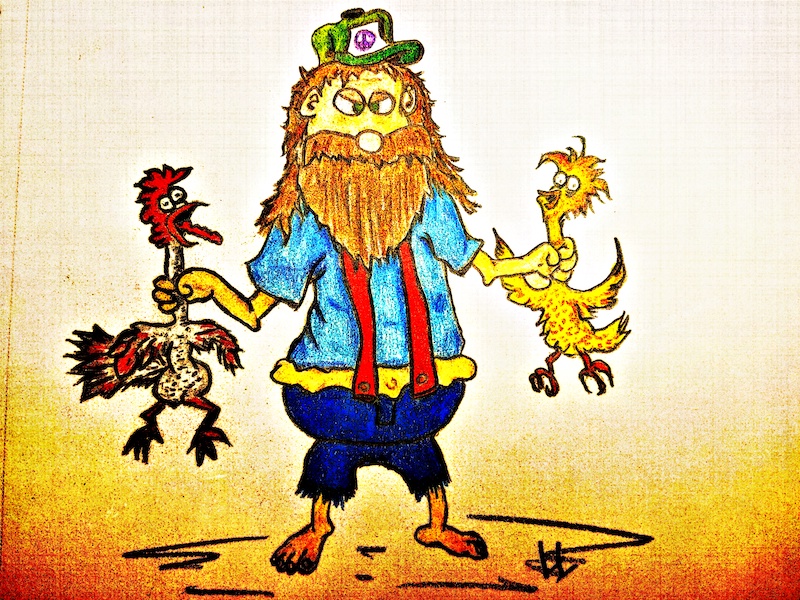

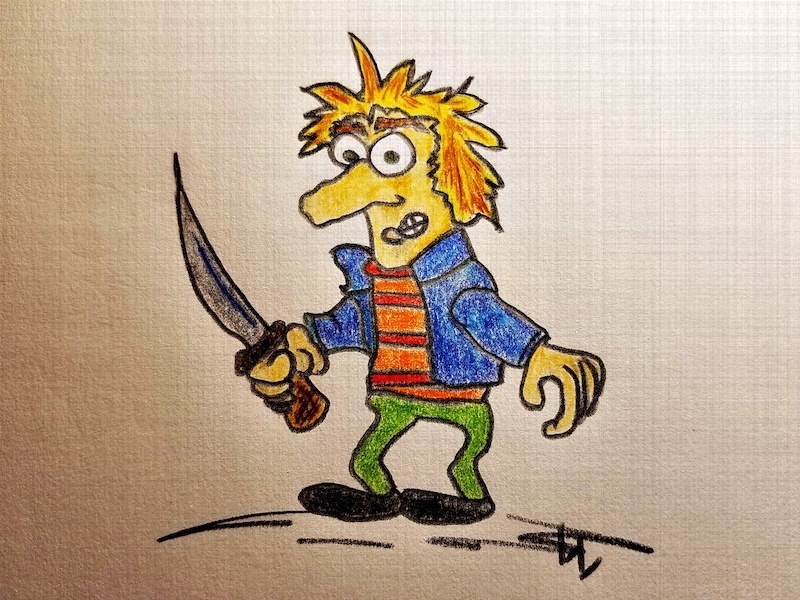

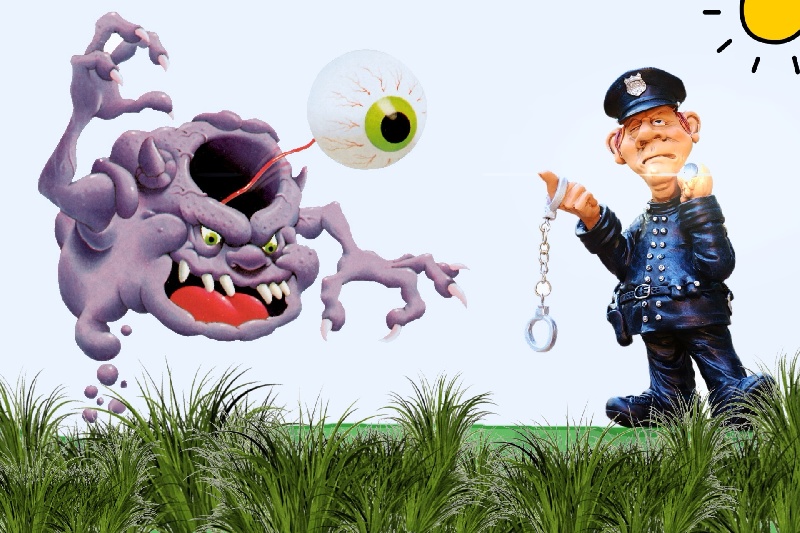
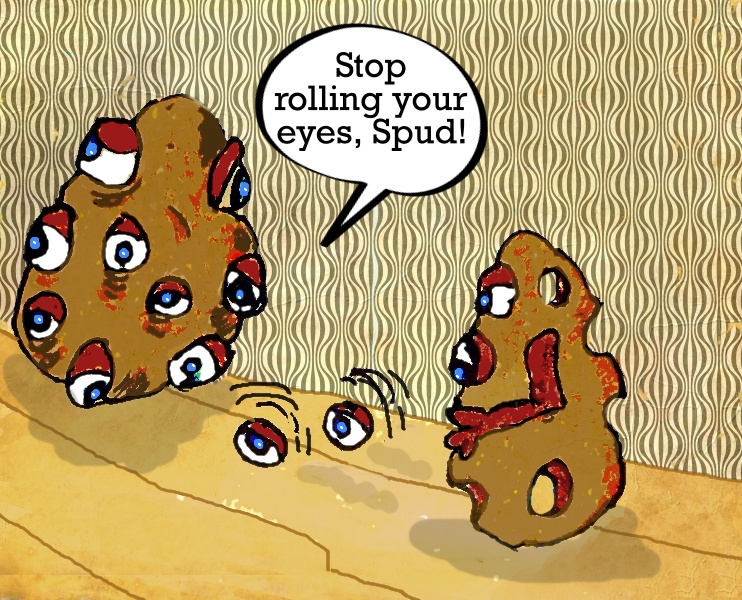

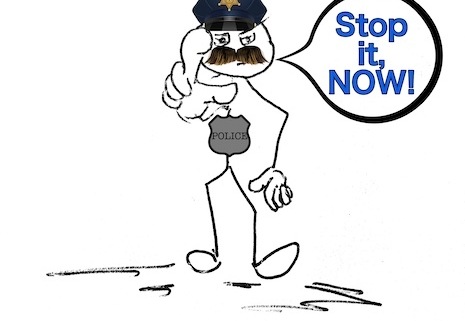

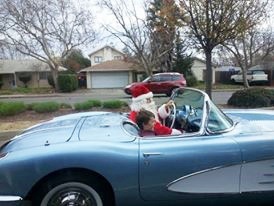

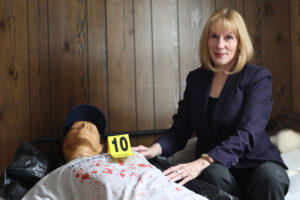 crime documentaries and magazine shows, is an executive producer of Murder House Flip, and has consulted for CSI, Bones, and The Alienist. The author of more than 1,500 articles and 69 books, including The Forensic Science of CSI, The Forensic Psychology of Criminal Minds, How to Catch a Killer, The Psychology of Death Investigations, and Confession of a Serial Killer: The Untold Story of Dennis Rader, The BTK Killer, she was co-executive producer for the Wolf Entertainment/A&E documentary based on the years she spent talking with Rader. Dr. Ramsland consults on death investigations, pens a blog for Psychology Today, and is writing a fiction series based on a female forensic psychologist.
crime documentaries and magazine shows, is an executive producer of Murder House Flip, and has consulted for CSI, Bones, and The Alienist. The author of more than 1,500 articles and 69 books, including The Forensic Science of CSI, The Forensic Psychology of Criminal Minds, How to Catch a Killer, The Psychology of Death Investigations, and Confession of a Serial Killer: The Untold Story of Dennis Rader, The BTK Killer, she was co-executive producer for the Wolf Entertainment/A&E documentary based on the years she spent talking with Rader. Dr. Ramsland consults on death investigations, pens a blog for Psychology Today, and is writing a fiction series based on a female forensic psychologist.





